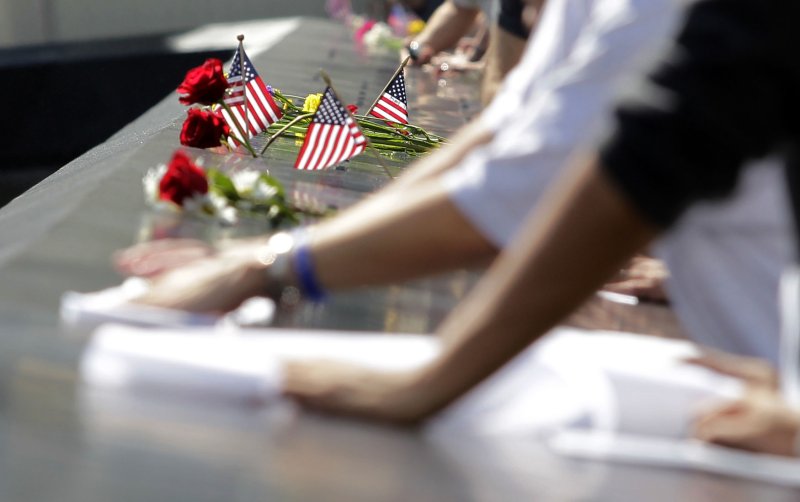NEW YORK, Dec. 12 (UPI) -- The attacks on the World Trade Center put about 500,000 people at risk of negative health effects from chemicals, toxins and trauma, U.S. researchers say.
"The New York City health department's volunteer and heart disease studies in the December issue of Preventive Medicine reinforce the importance of tracking the long-term physical and mental health effects of 9/11 and help inform planning for future 9/11-related healthcare needs," Dr. Thomas Farley, health commissioner of New York City Health, said in a statement.















